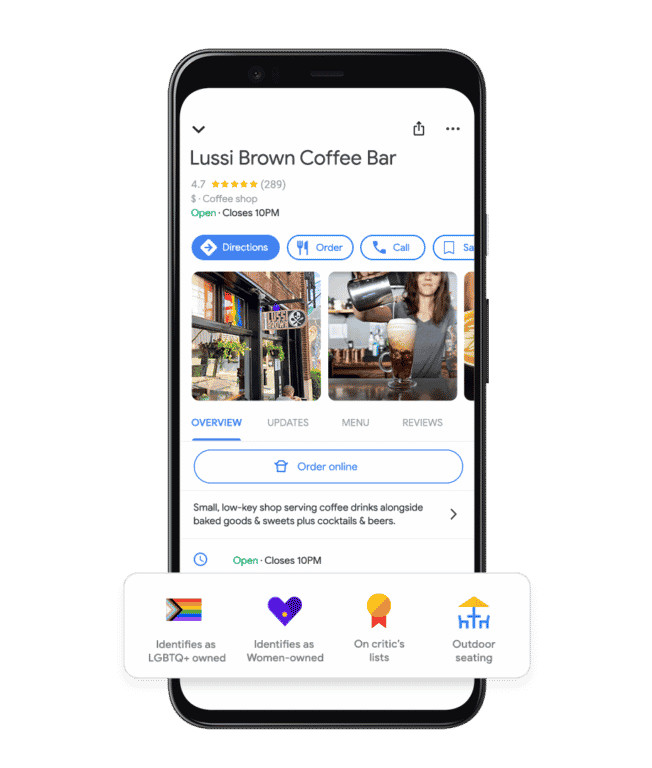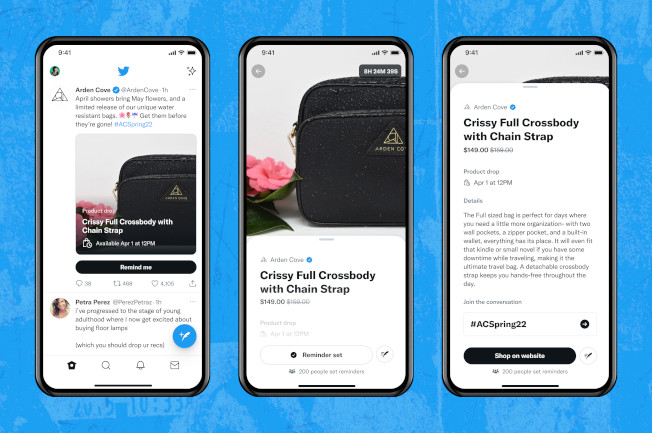
Maximize your local presence through strategic location management.

The sun is shining, the birds are singing, and there’s lots to catch up on from the world of local search. These are all the changes, updates, and announcements you need to know.
Google’s latest core algorithm update on May 25 has started to take effect, though it will not intentionally focus on specific industries—such as the previous November update—and will not target spam like the July 2021 update. Instead, this broader update intends to make incremental improvements to Google’s search rankings. Users will likely not notice any sudden changes, but webmasters may well see ranking fluctuations starting in the last week of May.
Knowing when Google releases algorithm updates helps you understand if ranking changes are due to your own efforts or beyond your control. Whether or not an algorithm is the culprit, the best plan is always the same: Follow SEO best practices to maintain an organic ranking that is less prone to algorithm volatility.
In a follow-up to our customer review Benchmarks blog, we will soon release a similar study for Google Business Profile (GBP, formerly known as Google My Business). Lead generation via Google listings is an increasingly important strategy, but it’s difficult to know if your business is doing well not only by its own standards but compared to others in your industry. In fact, only an agency with access to a critical mass of data can offer insights across organizations. This is exactly what we’ve done after crunching the numbers across hundreds of our clients. Now you can finally see how you measure up against your competitors in the fast-moving world of local listings.
Google fights continuously against fake reviews and it now appears that Facebook is seeing value in doing the same. Fraudulent reviews—from the unfairly purchased to those which are obvious spam—can be a headache for businesses. While Google realized the value in proper reputation management long ago, Meta is now trying to catch up in that department for its Marketplace and Shops. After all, most online users trust online reviews as much as recommendations from friends, and if Facebook reviews begin to feel less reliable than those on Google, many users will steer clear of Facebook to research businesses.

So, with retention a priority for any online platform, Meta has unveiled a new community feedback policy including a list of five criteria for reviews to be flagged:
Those who violate Meta’s Community Feedback Policy could lose access to all of Meta’s products or features temporarily or permanently. Check out the policy in its entirety here.
After adding new GBP attributes such as veteran-owned, black-owned, and women-led, Google has now rolled out a descriptor for LGBTQ+ owned businesses. Any verified profile may include this attribute on their listings.

Image: Google
Remember that any icon or label you can add to your Google listings will improve click-through rates and drive additional traffic for queries that include that attribute. Indeed, a Google listing that contains every available feature appears more professional and trustworthy than those that do not. Whenever your listing can deploy a feature, it should—both to improve rankings and to drive better click-through rates.
Subscribe to our monthly newsletter.
When the travel industry took a nosedive in 2020, Google began attempts to establish itself as a leader in hospitality and travel bookings. Since the rebranding and relaunch of Google Travel in 2021, multiple updates have been made to encourage users to rely on Google as the source of truth for optimal hotel rates and availability. The search giant’s latest update has now streamlined the process for hotels to add rates to their Google Business Profiles, encouraging the industry to further utilize Google as an important customer touch point.
Three new updates have gone into improving a hotel’s ability to keep its GBP information up to date:
Just as Google continues to push itself as a direct sales platform, Twitter is also looking to compete in ecommerce. While Twitter’s direct sales platform has not received noteworthy success, a new marketing option that redirects users to a brand’s website is a notable inclusion in Twitter’s list of services.
As the name suggests, Product Drops from Twitter allows followers of brands to receive notifications for new product launches. When a merchant tweets about an upcoming launch, followers will see a “Remind me” button at the bottom of the tweet. Tapping that button allows users to receive a notification 15 minutes prior and at the time of the product’s release. This notification will also provide a direct link to the merchant’s website, allowing users to purchase the product at the time of the reminder.

Image: Twitter
While the new Product Drop feature is currently in beta, this first-of-its-kind offering could prove to be a major boon to retailers. With the ability to promote brand-wide or locally, Twitter’s new feature could offer a great deal of utility to online marketers. The success of this feature is yet to be seen, however, and it is currently limited to the US on English-language iOS devices. There is currently no word on when Twitter will allow Product Drops for all merchants, but select partners testing Product Drops include:
Local search moves fast, but we move faster. Schedule a friendly chat with our listings experts to find out how you stay one step ahead of the game—and leave all the heavy lifting to us.
Maximize your local presence through strategic location management.
Maximize your local presence through strategic location management.
Subscribe to our monthly newsletter.